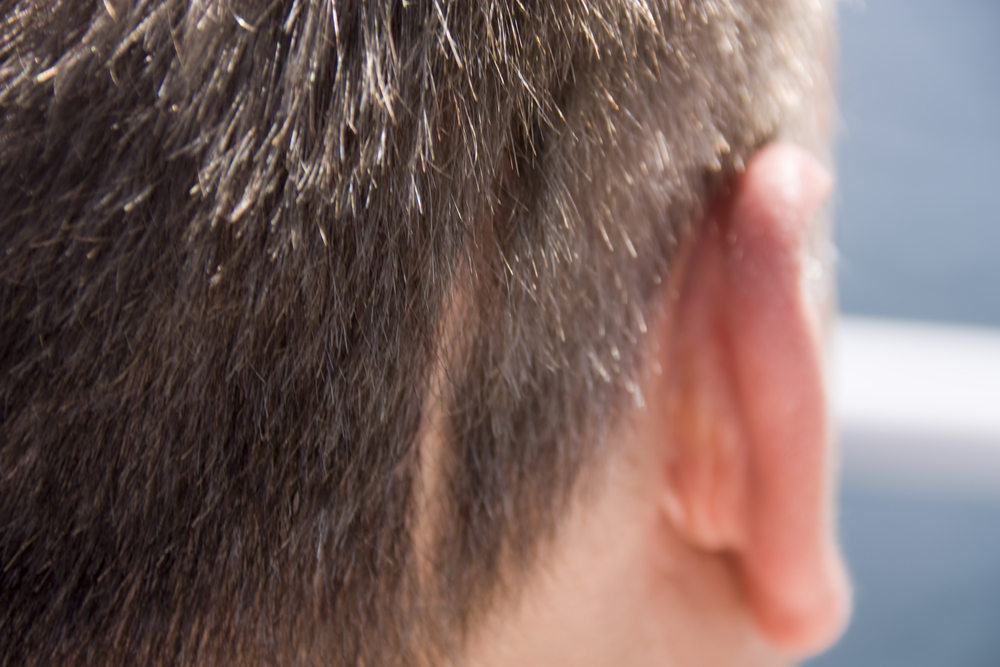Scarring Alopecia
Scarring Alopecia: Understanding Your Hair Loss Options
Scarring alopecia, also known as cicatricial alopecia, is a hair loss condition that causes permanent hair loss due to scarring of the scalp. This page will explore the causes, symptoms, diagnosis, and treatment options for scarring alopecia, including hair transplantation.

What is Scarring Alopecia?
Scarring alopecia occurs when inflammation or infection damages the hair follicles, replacing them with scar tissue. This scarring prevents new hair growth, leading to permanent hair loss. Unlike other types of hair loss, scarring alopecia can affect both the scalp and body hair.
Symptoms of Scarring Alopecia:
- Patchy hair loss with smooth, scar-like patches on the scalp
- Redness, pain, or swelling around the hair follicles
- Increased or decreased pigmentation in the affected areas
- Pus-filled bumps or blisters (in some cases)
Causes of Scarring Alopecia:
The exact cause of scarring alopecia is often unknown. However, several factors can contribute to its development, including:
- Infections (bacterial, fungal, viral)
- Skin conditions (lichen planus, lupus)
- Injuries (burns, chemical burns)
- Medical procedures (hair transplant surgery in rare cases)
Diagnosis of Scarring Alopecia:
Early diagnosis is crucial for preventing further hair loss. A dermatologist can diagnose scarring alopecia through a physical examination and a scalp biopsy. The biopsy helps determine the cause of the scarring and guide treatment options.
Treatment Options for Scarring Alopecia:
There is no cure for scarring alopecia, but various treatments can help manage the condition and prevent further scarring. Treatment options may include:
- Oral medications: Antibiotics or anti-inflammatory medications to address underlying infections or inflammation.
- Topical medications: Corticosteroids or other topical creams to reduce inflammation.
- Hair transplantation: In some cases, hair transplantation can be used to restore hair in areas with minimal scarring. However, careful evaluation is necessary to ensure successful hair growth.
Hair Transplantation for Scarring Alopecia:
Hair transplantation can be a viable option for patients with scarring alopecia who have undergone a scalp biopsy to confirm inactive disease. A test transplant with a small number of grafts can be performed to assess hair growth viability in the scarred areas. It’s important to understand that the success rate of hair transplantation in scarring alopecia can vary depending on the cause and severity of scarring. There is also a risk of losing some transplanted hair in some types of scarring alopecia.
Concord Hair Restoration Can Help!
We offer consultations with hair loss specialists who can diagnose your condition and recommend the best course of action.
Contact us today for a free consultation in Los Angeles or San Diego.

